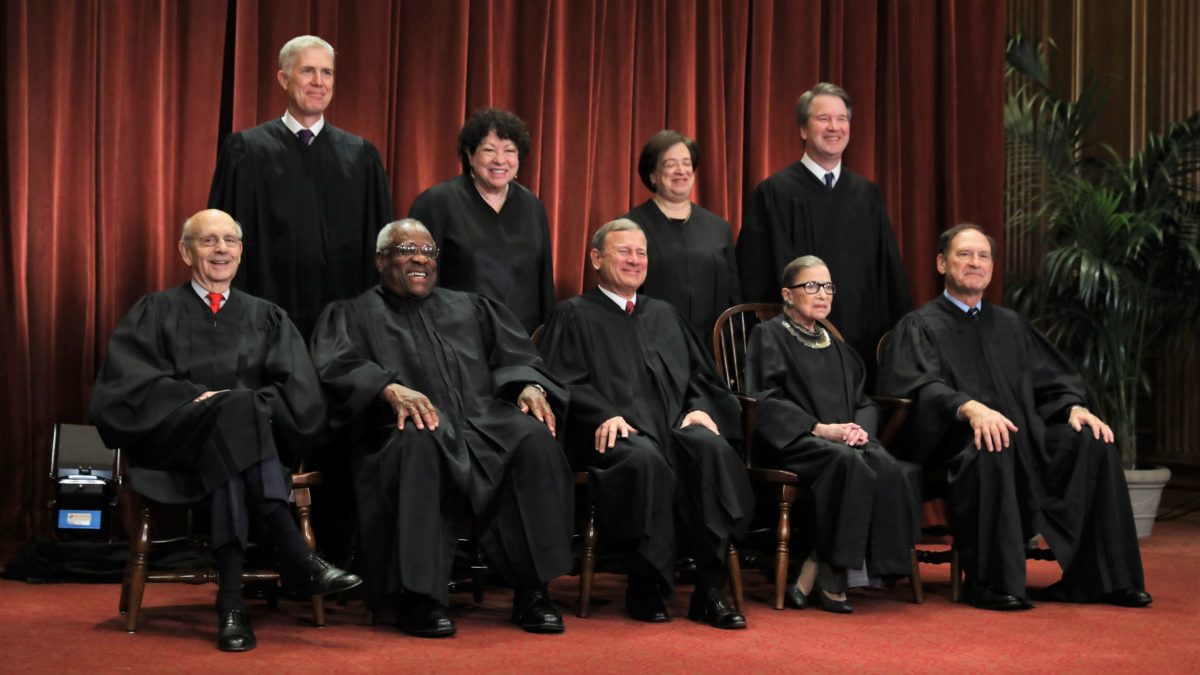
The United States Supreme Court on Monday cancelled a federal court’s decision, which found Michigan’s congressional voting districts were unconstitutional because they were gerrymandered to such a degree that it violated voters’ First Amendment rights and the Constitution’s Equal Protection clause.
Gerrymandering is the setting of electoral boundaries to favor the political interests of the party in power.
A three-judge panel on the U.S. District Court of the Eastern District of Michigan ruled in April that 34 of the state’s voting districts were specifically designed to disadvantage Democratic voters, deliberately diluting the power of their vote to ensure a particular partisan outcome. The panel’s ruling ordered the state to redraw the voting district maps, calling partisan gerrymandering a “pernicious practice that undermines our democracy.”
The order was expected in light of the Justices June decision in Rucho v. Common Cause, a landmark decision which greatly reined in federal court’s ability to intervene in political gerrymandering cases. The Court ruled that the partisan gerrymandering issue was “beyond the reach of federal courts.”
In a 5-4 vote along ideological lines, Chief Justice John Roberts invoked the court’s Political Question doctrine in finding it constitutionally permissible for voting districts to be drawn with the specific intent to disadvantage voters of a particular political ideology. The ruling was seen as a severe blow to voting rights advocates challenging the disproportionate impact gerrymandering can have on voting power.
Roberts reasoned that the question before the court– “determining when political gerrymandering has gone too far”– could not be grounded in a “limited and precise rationale” because the issue “lacks judicially discoverable and manageable standards for resolving.”
He conceded that the ruling may enable increasingly inequitable political representation, but said that such a result does not violate any constitutional mandate where no standard for determination exists. Roberts did not prevent the court from intervening in cases of racial gerrymandering.
Justice Elena Kagan wrote a scathing dissent in which she called the majority’s decision a low-point for democracy.
“I think it important to underscore that fact: The majority disputes none of what I have said (or will say) about how gerrymanders undermine democracy. Indeed, the majority concedes (really, how could it not?) that gerrymandering is ‘incompatible with democratic principles,’” she said from the bench.
Scotus Orders by Law&Crime on Scribd
[Photo by Chip Somodevilla/Getty Images.]